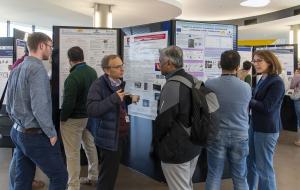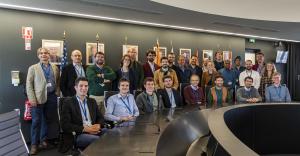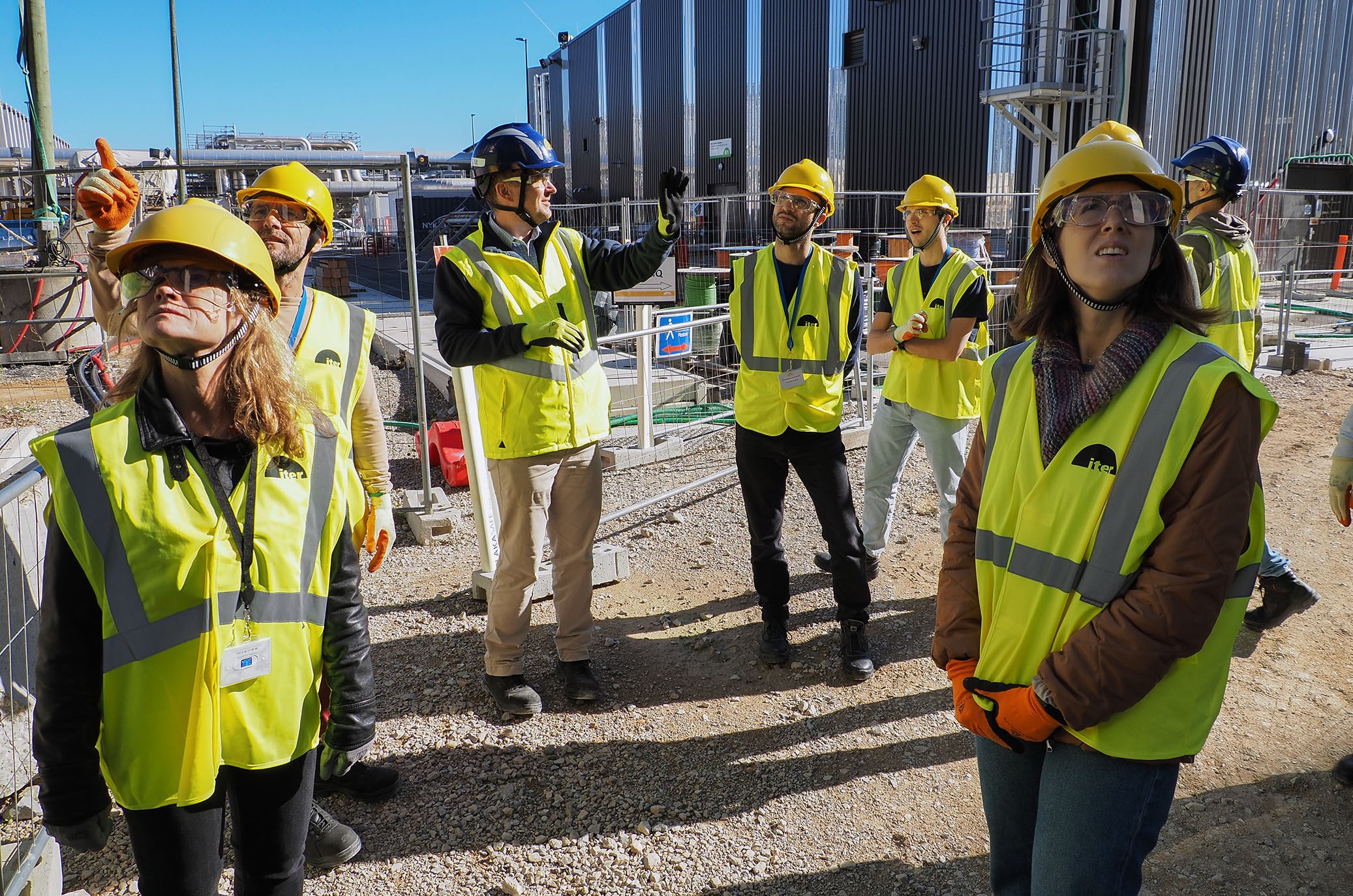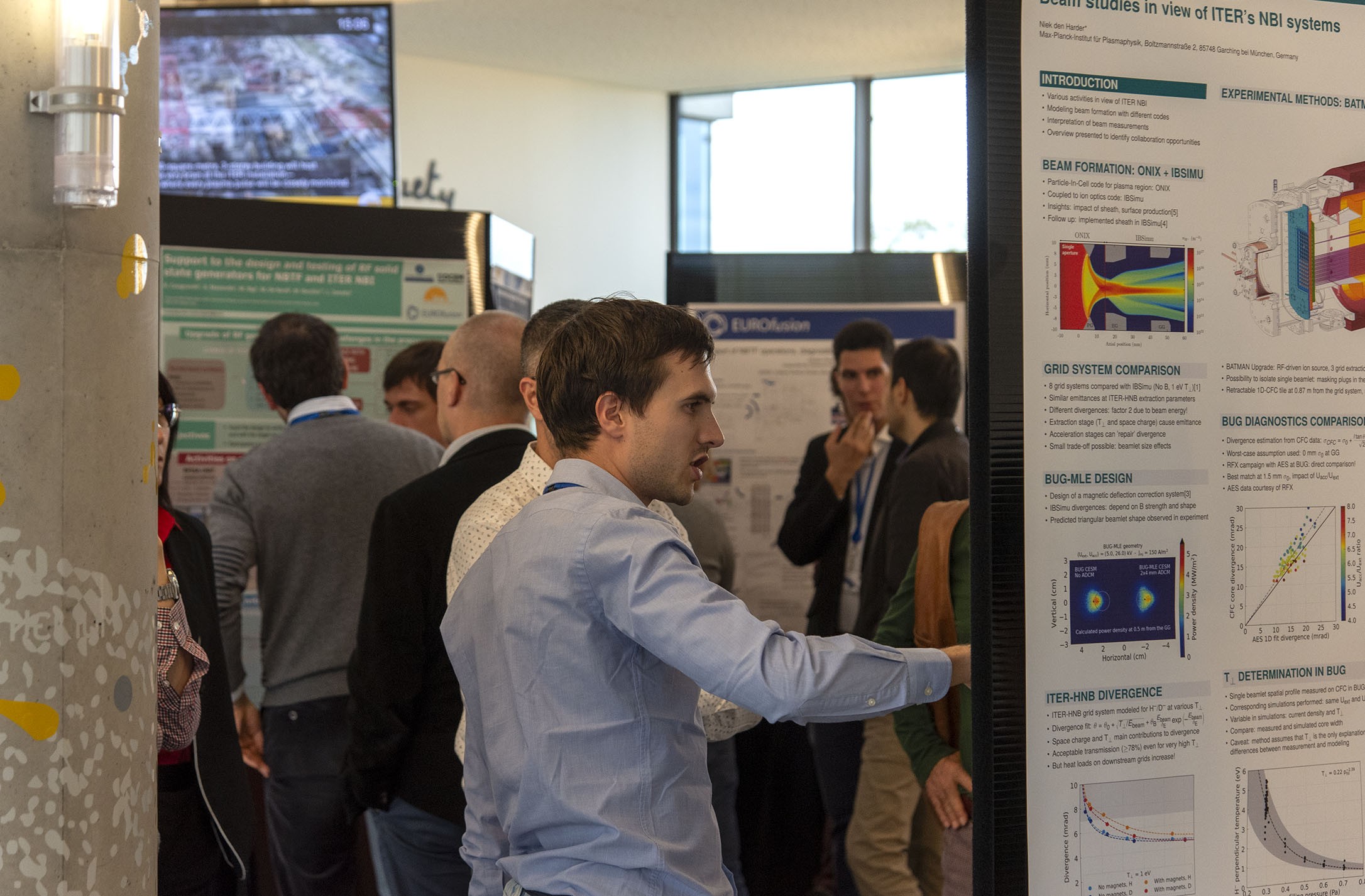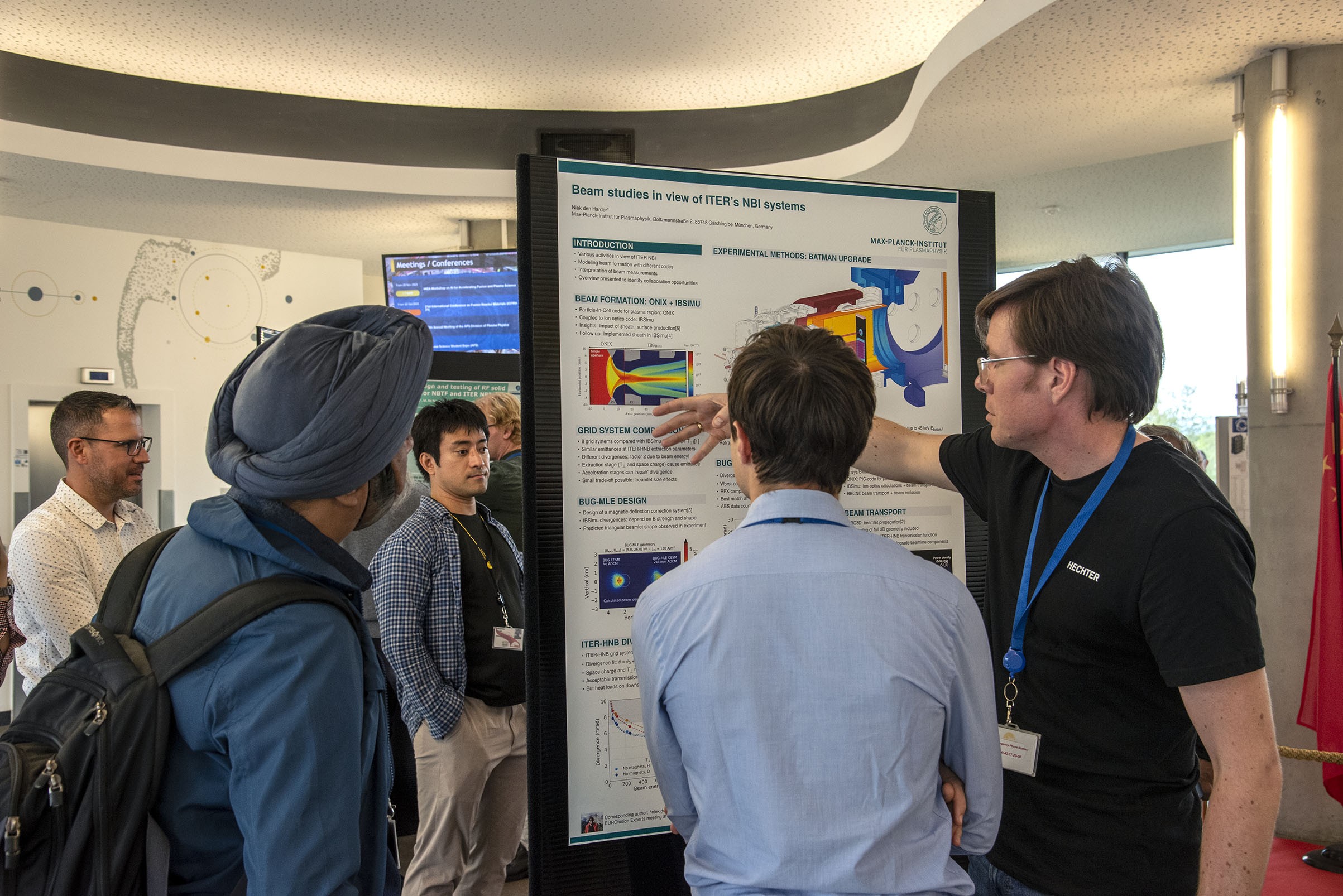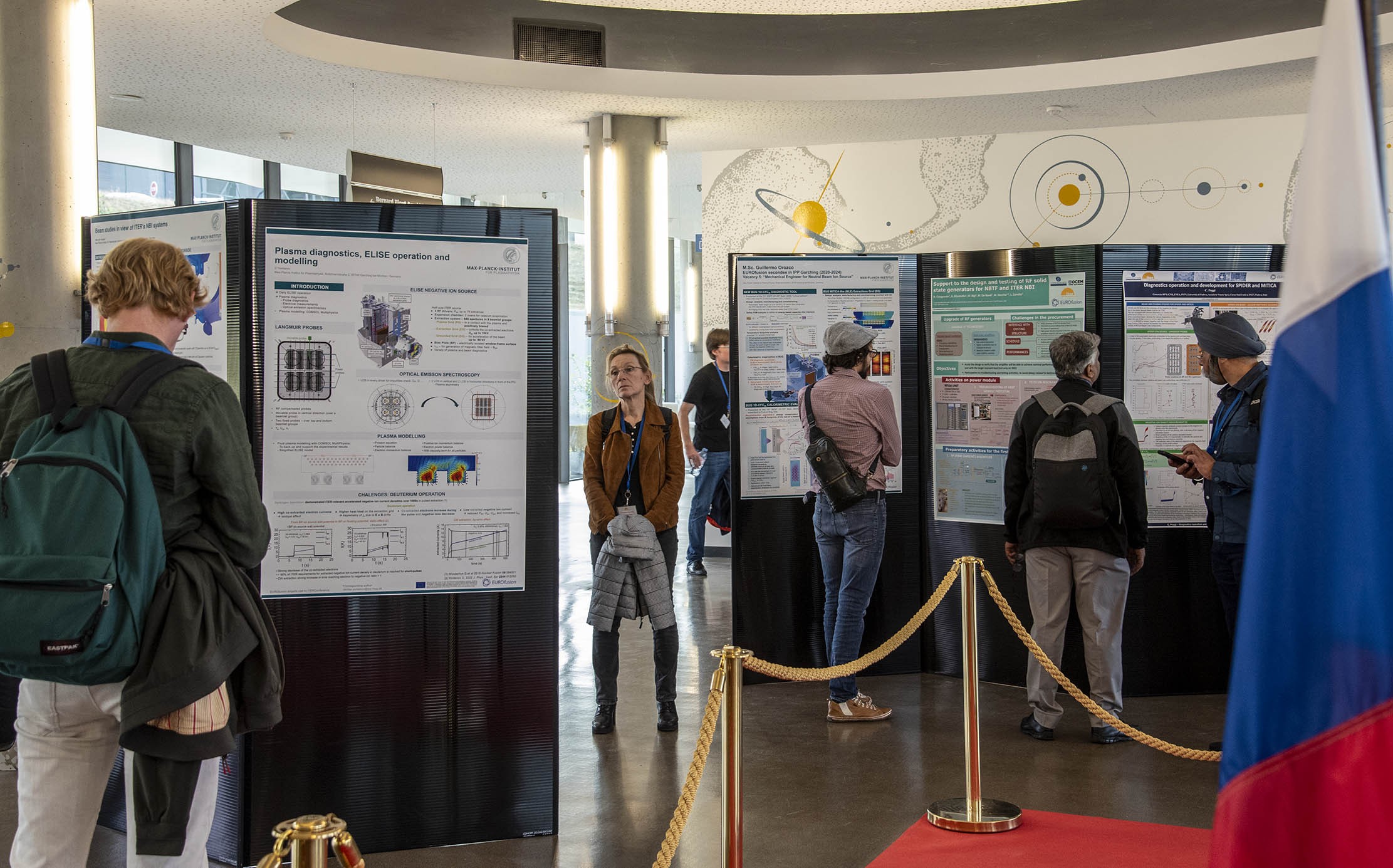Experts share research updates and progress
To support research and development on the ITER neutral beam injection system prior to its procurement, the ITER Neutral Beam Test Facility was launched in 2012. The test facility includes two test beds—SPIDER, for the installation, optimization and operation of a full-size ITER negative ion source, and MITICA, a full-size ITER 1MV neutral beam injection system. The test facility is hosted at the Italian research laboratory Consorzio RFX in Padova, Italy, and is supported by the contributions of the ITER Organization, the European, Japanese and Indian Domestic Agencies, the EUROfusion consortium, and Consorzio RFX. Since 2019, a new agreement between Consorzio RFX and the ITER Organization has clarified roles and responsibilities as construction at the Neutral Beam Test Facility ends and operation in support of ITER intensifies.
Europe has been actively involved in the development of radiofrequency-driven ion source physics and technology from the start; in fact, ITER's negative ion source is based on a technology that has evolved over several generations of prototypes at the Max Planck Institute for Plasma Physics in Garching, Germany. A cooperation agreement signed in 2020 between the ITER Organization, Consorzio RFX and EUROfusion now formalizes the involvement of European experts in the ITER Neutral Beam Test Facility by providing for the participation of up to 14 professionals per year. Additionally, EUROfusion is contributing up to 6 professionals per year to ongoing work at the reduced-size prototype ion sources as part of stepwise R&D leading to the achievement of ITER's challenging neutral beam injection requirements.
On 26 and 27 October 2023, EUROfusion experts working to support the R&D for the ITER neutral beam injection system at Consorzio RFX and IPP Garching had the occasion to convene at ITER Headquarters at the same time as world experts who are part of the ITER Neutral Beam Advisory Committee (formed as part of the 2019 agreement). This was a unique opportunity to develop synergies and bridges between experts, as well as to present the work performed by the EUROfusion experts to the ITER team and the committee. During a "teaser" session in the ITER Council room, experts gave two-minute summaries of their work. This was followed by a poster exposition in the lobby, a presentation of the ITER Project, a worksite tour, a tour of France's WEST tokamak (next door to ITER), and an informal dinner to continue the scientific exchange in a collaborative atmosphere. Because achieving the requirements for the ITER neutral beam system in terms of power, energy, and pulse length is a major challenge, this type of "coming together of the minds" was appreciated by all.
The following is a list of the posters that were presented:
Riccardo Agnello: Investigation of SPIDER beam and plasma by multiple diagnostics
Riccardo Casagrande: Support to the design and testing of RF solid-state generators for NBTF and ITER NBI
Caterina Cavallini: Support for operations, management, monitoring and verifications of NBTF cooling system
Nuno Cruz: Instrumentation & Control activities in support of the ITER NB
Sylvestre Denizeau: Heating of SPIDER drivers during nominal operations: numerical estimation and comparison with calorimetry
Daniel López-Bruna: 3D calculations of RF inductive coupling in the drivers of SPIDER
Carlo Poggi: Diagnostics operation and development for SPIDER and MITICA
Basile Pouradier Duteil: Study and optimization of the use of caesium in large negative ion sources for nuclear fusion
Alastair Shepherd: Support of NBTF operations, diagnostics and beam current measurement
Luca Trevisan: Automation engineer for the NBTF
Niek den Harder: Beam studies in view of ITER NBI systems
Adrian Heiler: Understanding Cs and work function dynamics at NNBI ion sources for ITER
Guillermo Orozco: Mechanical engineer for neutral beam ion source
Dimitri Yordanov: Plasma diagnostics, ELISE operation and modelling
Roman Zagorski: Experimental validation of the fluid solver for SPIDER

